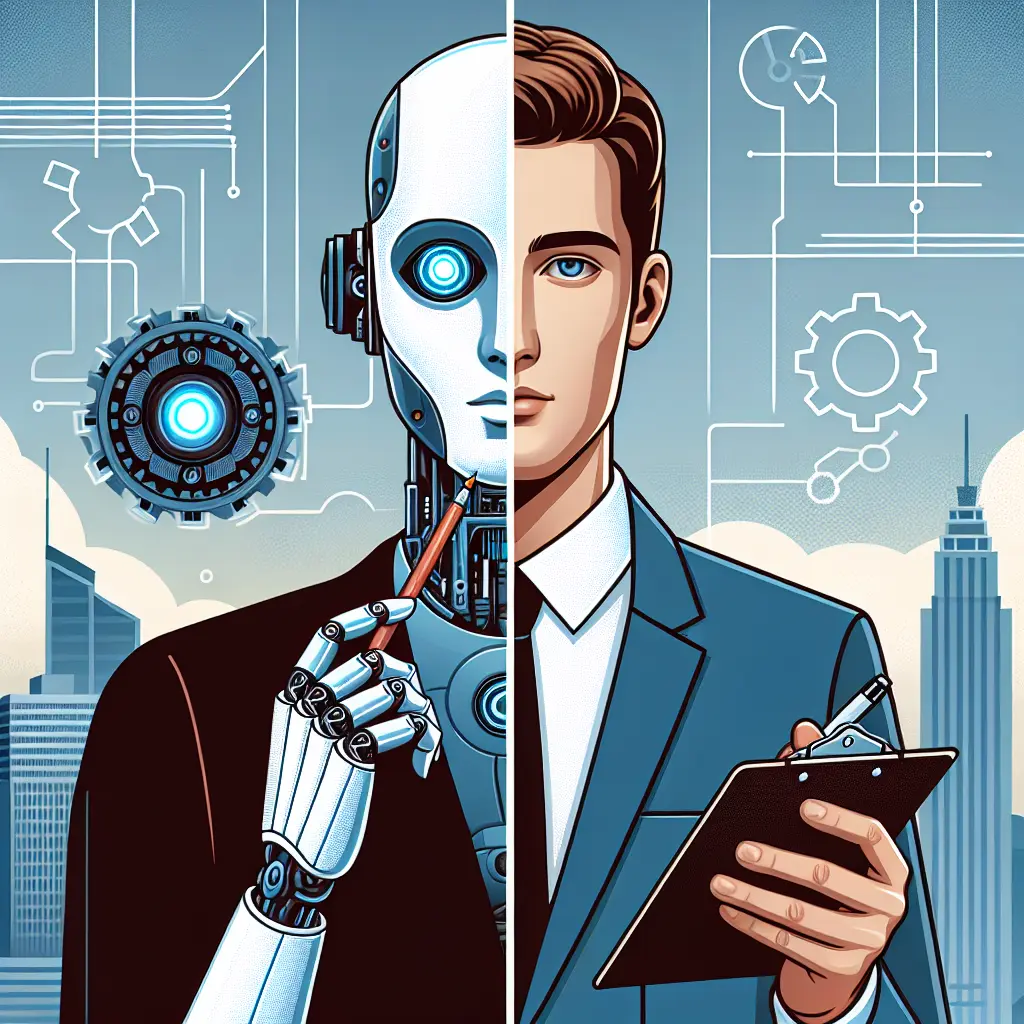When it comes to enhancing business operations, AI vs Human Assistants is a pivotal consideration. Understanding the strengths and limitations of each can drastically impact efficiency and cost-effectiveness.
What we mean by “AI vs Human Assistants”?
When we talk about AI versus human assistants, we’re referring to two distinct approaches to handling business tasks and interactions.
- AI Assistants: These are systems powered by advanced algorithms designed to automate various tasks. They excel in processing and analyzing large volumes of data, automating repetitive tasks, and even interacting with customers through chatbots or automated responses. The adoption of AI in a business setting can lead to substantial time and resource savings, streamlining operations and reducing the need for manual intervention in routine processes.
- Human Assistants: Human workfroce which bring a personal touch to business interactions.
Each type of assistant has its unique strengths, making them suitable for different aspects of business operations. For businesses, the adoption of AI can translate to significant time and resource savings.
The Human Touch in Business
Human assistants are vital in business, providing a personal touch and emotional intelligence that machines can’t replicate. They excel in complex decision-making, considering factors like ethics and cultural sensitivities. Their unique human-centric skills are indispensable in situations requiring deep understanding and empathy, making them an irreplaceable asset alongside technological advancements.
Making the Right Choice
Deciding between AI and human assistance depends on various factors such as the nature of tasks, customer interaction level, and the scale at which your business operates.
Factors to Weigh
- Scalability: AI is highly efficient in managing large volumes of repetitive tasks, offering scalability. This is crucial if your business handles extensive data or repetitive processes.
- Emotional Intelligence: For roles that require empathy, understanding, and complex decision-making, human assistants are vital. This factor carries more weight in businesses that prioritize customer relationships and personalized service.
For more insights, you can explore resources like Workflow Automation and HubSpot’s Make App, which detail different aspects of automation and human assistance in business.
Conclusion: There is no AI vs Human Assistants
AI is great for doing some jobs quickly, but the most important part of a business is its people. Using both AI and human skills together is the best way to make a business successful. AI is just a tool, but people, like the business owner and staff, bring creativity and understanding which are very important for the business success.

